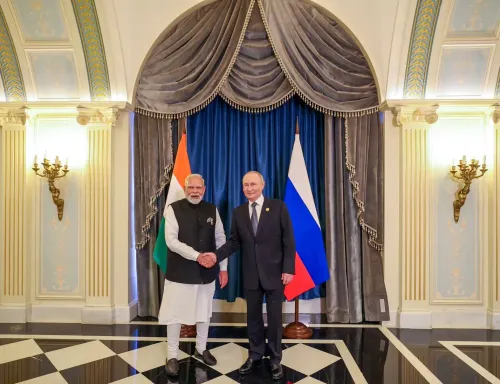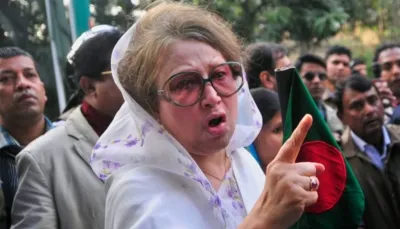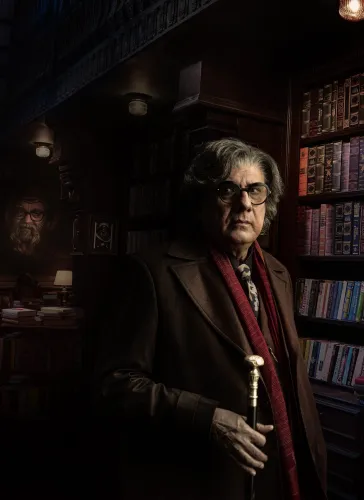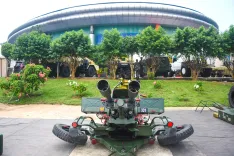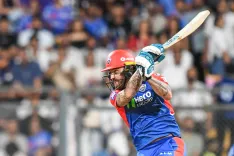Did the SC Reject the Plea Against 27% OBC Quota in Gujarat's Local Bodies?
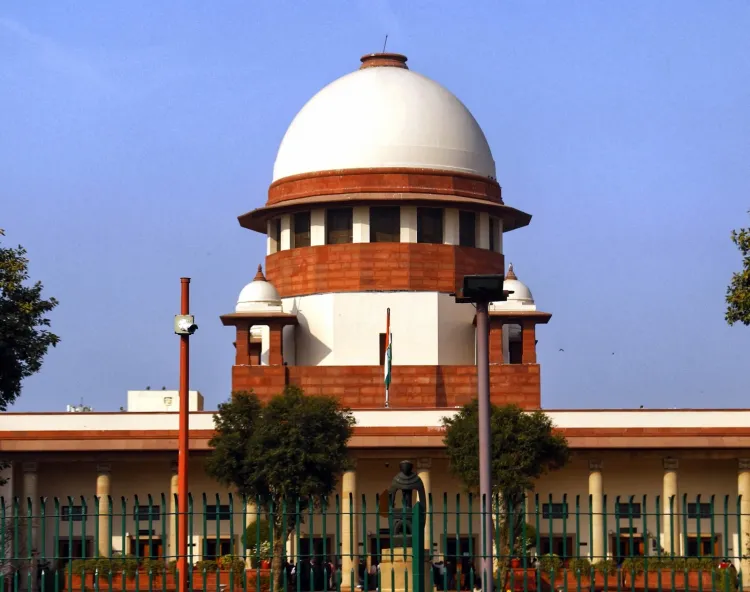
Synopsis
Key Takeaways
- The Supreme Court dismissed the plea against the OBC quota increase.
- The Gujarat amendment raised OBC reservations from 10% to 27%.
- Petitioners were advised to approach the Gujarat High Court.
- The amendment's legitimacy is questioned due to lack of public data.
- Concerns were raised about the adequacy of the 'triple test' for reservations.
New Delhi, Aug 4 (NationPress) The Supreme Court on Monday declined to consider a petition challenging the Gujarat Local Authorities Laws (Amendment) Act, 2023, which escalated the reservation for Other Backward Classes (OBCs) in local bodies from 10 percent to 27 percent.
A bench comprising Justices Surya Kant and Joymalya Bagchi questioned the petitioners for filing a writ petition directly in the apex court and advised them to first approach the Gujarat High Court.
Recognizing the apex court's reluctance to entertain the plea, senior advocate K. Parameshwar, representing the petitioners, requested permission to withdraw the writ petition with the liberty to approach the Gujarat HC.
The petition, filed through advocate Sudhanshu Prakash, argued that the amendment breaches constitutional principles, lacks empirical evidence, and conflicts with previous apex court rulings concerning reservations in local bodies.
The petitioners — Vora Jaimin and others — asserted that although the Gujarat government established a commission led by Justice K.S. Jhaveri (retired) in July 2022, its report, presented in April 2023, has not been disclosed to the public.
"Given that the commission's report, which serves as the foundation for the Amendment Act, is not available to the public, it follows that the Amending Act lacks any concrete data. The absence of this report means there is no benchmark to evaluate the legitimacy of the reservation provided by the Amending Act," the petition stated.
It claimed that the state government did not adhere to the triple test established by the Supreme Court in Vikas Kishanrao Gawali vs. State of Maharashtra, which mandates that any OBC reservation in local bodies must be preceded by: (1) A dedicated commission conducting a thorough empirical investigation; (2) Local body-wise specification of reservation based on that data; and (3) a ceiling ensuring the total reservation for SCs, STs, and OBCs does not surpass 50 percent.
The petition argued that the amendment seems to mechanically raise OBC reservation to 27 percent without evaluating the true political backwardness or representation needs of the community.
"The indiscriminate application of service-law percentages (e.g., 27 percent) into the electoral domain is unacceptable," the plea stated.
The petitioners, all candidates from the unreserved category in the forthcoming local body elections, contended that they are unfairly barred from competing due to excessive reservation. The petition sought a directive to invalidate the Gujarat Local Authorities Laws (Amendment) Act, 2023, and urged the apex court to establish guidelines for evaluating OBC political backwardness to avoid excessive reservation in local bodies.


